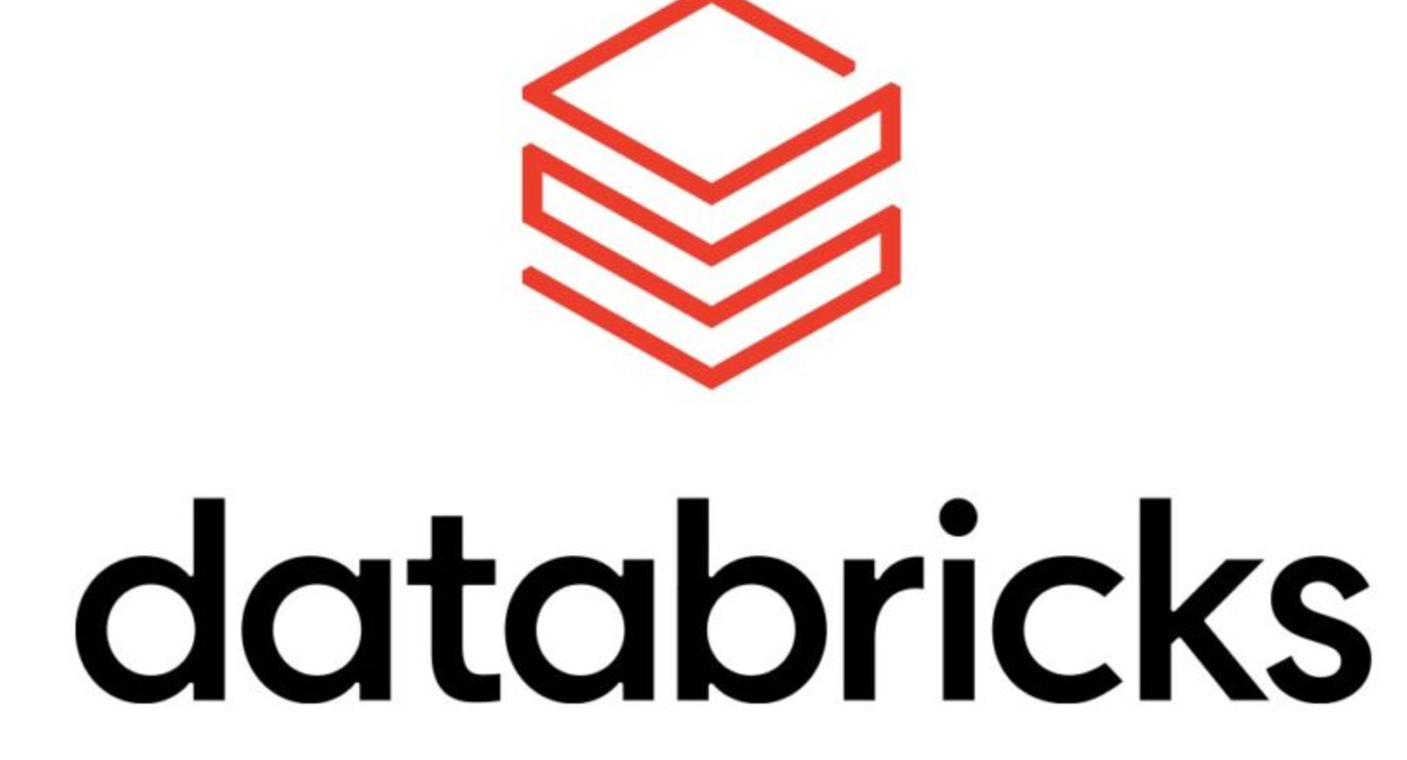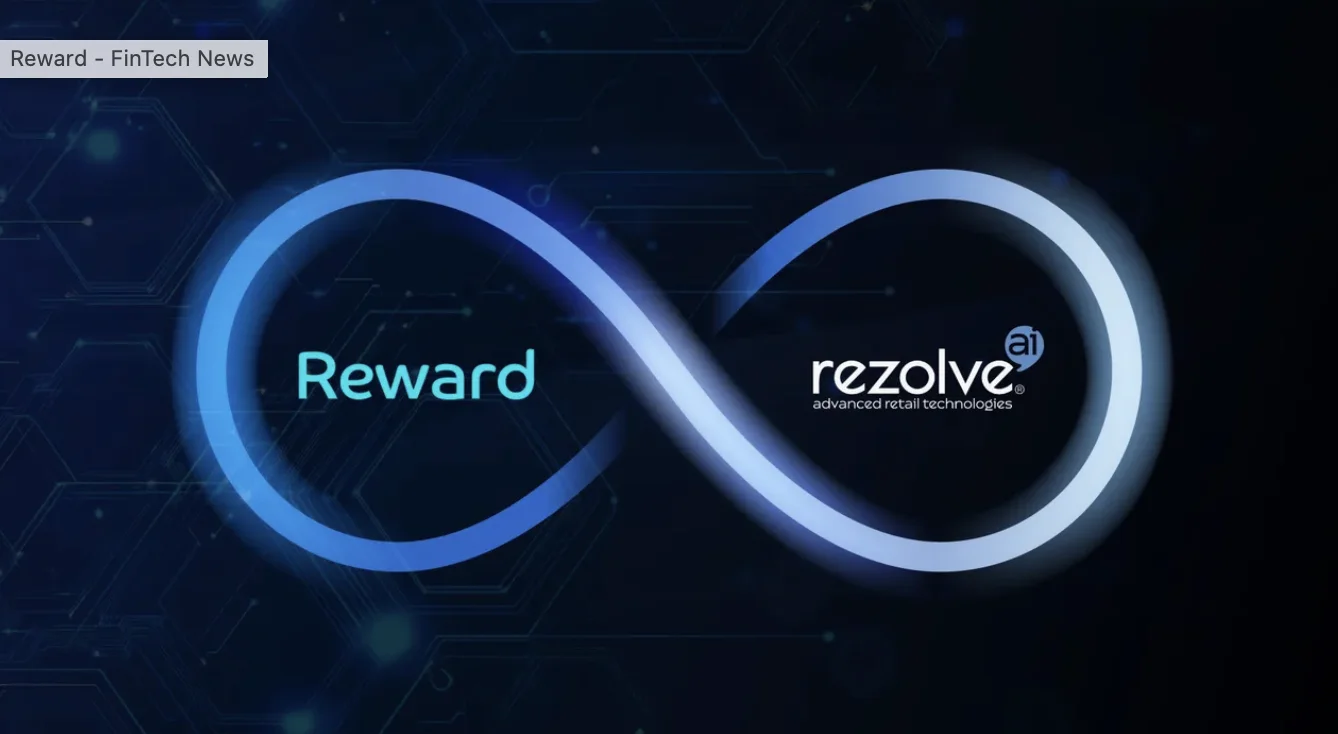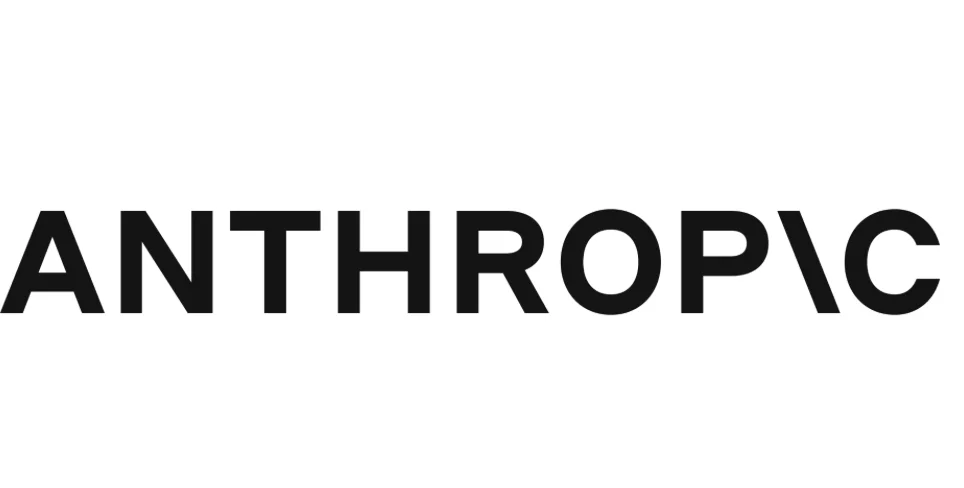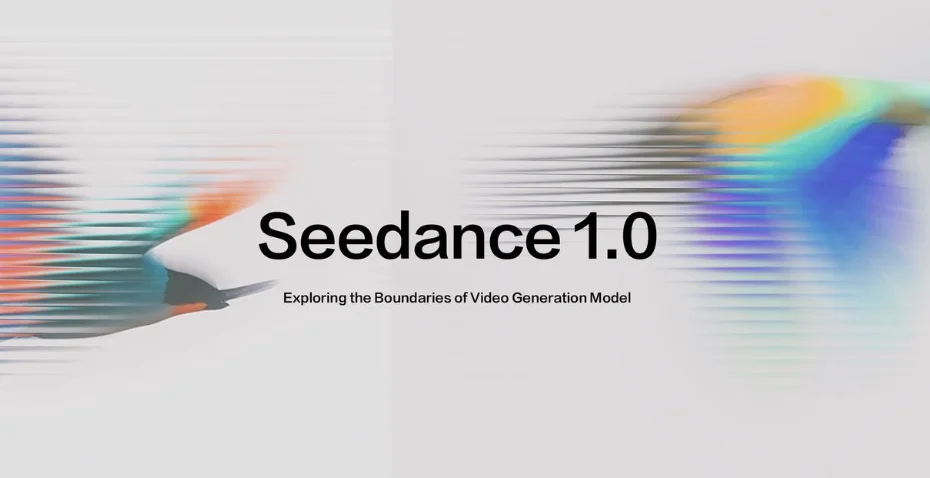Databricks CEO Ali Ghodsi recently sat down with CNBC’s Deirdre Bosa to discuss the company’s landmark $10 billion funding round — reported this week by AI Insider — AI’s evolving landscape and the strategic direction that sets Databricks apart. The conversation went into Databricks’ unique position in the AI economy, its plans for the funding, and the future of AI technology.
“This tremendous investor interest underscores two things,” Ghodsi began, “the enormous enthusiasm for artificial intelligence and the value Databricks brings by reducing total cost of ownership for businesses.” With AI continuing to dominate conversations across industries, Databricks’ ability to lower costs while enabling cutting-edge AI applications has become a significant draw for investors.
Discussing the company’s plans for the fresh capital, Ghodsi explained: “We’re investing heavily in AI talent. The war for talent in this space is intense, and we need to stay ahead.” He also stressed the importance of acquisitions, noting that part of the funding will fuel strategic purchases to expand Databricks’ capabilities and market presence.
While many wonder whether the funding round signals an imminent IPO, Ghodsi remains cautious: “We’ll be public eventually — it’s not a matter of if, but when. This funding allows us to focus on liquidity opportunities for employees and invest in our business without rushing into the public markets.”
When asked about competition with Snowflake, Ghodsi pointed out the distinctions that make Databricks unique.
“Snowflake focuses on data warehousing and understanding the past,” he said. “We excel at using AI to predict the future and reduce costs through our open-source-based platform. These capabilities were niche a few years ago, but today they’re essential.”
On the future of AI development, Ghodsi was optimistic but pragmatic.
“We’ve hit a scaling wall with large models. The game has shifted to inference-time compute, using existing models in innovative ways to create synthetic data and push the boundaries of intelligence.” He described this new approach as “more democratized,” opening the doors for broader participation and innovation in AI.
As Databricks charts its path forward, Ghodsi’s vision is clear: “We’re in exciting times. This funding isn’t just about growing Databricks; it’s about shaping the future of AI for businesses worldwide.”






